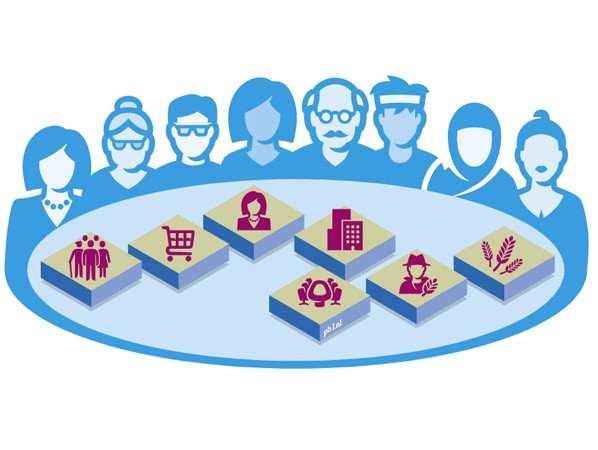
The production of food has consequences for the environment, all over the world. Making food consumption more sustainable is only possible if consumers, civil society organisations and all parties in the chain, from plate to farmer, contribute to this. Governments can play a crucial role in this. These are the conclusions of the PBL publication 'Daily food. How governments, businesses and consumers can contribute to a sustainable food system'.
The study distinguishes 4 points to achieve a more sustainable food system:
- More sustainable food, e.g. a shift in diet towards more vegetable products
- Wasting less food
- More efficient production, e.g. higher crop yields per hectare
- Careful production, for example by paying more attention to soil management and animal welfare
PBL indicates that with a combination of these leverage points, the foot pressure of Dutch food consumption could decrease by about a third over the next 10-15 years.
The research shows that many companies in the food chain, such as dairy companies, potato processors and retailers, develop activities to produce more carefully. Examples include setting chain-wide standards for production (such as less use of crop protection products), certification (e.g. on animal welfare) and the exchange of knowledge. In a number of cases, farmers also receive an additional price for their product.
The government can support 'sustainability via the chain' by stimulating the exchange of knowledge in chains and between farmers themselves. It is also important to make the knowledge acquired publicly available.
More sustainable (and healthier) food is also an important solution to reduce the pressure on the environment. However, it is difficult for consumers to change their eating habits at an individual level, because routine behaviour (including purchasing behaviour) plays an important role in food consumption.
It is therefore important that parties in the food chain, such as supermarkets, catering and the hospitality industry, support consumers in making different choices and learning different habits. It is these parties that determine the supply to the consumer.
Governments have a special role in the agricultural and food system, because they influence this system through regulation and policy. Examples include stricter requirements in the field of crop protection products, animal welfare, greenhouse gas emissions and making negative external effects of food production visible in the price. The government can also address and encourage various parties, such as supermarkets, the hotel and catering industry and the food industry, to support consumers and farmers in developing a more sustainable diet and production.
In the context of this report, PBL has created the theme site 'Can our food become more sustainable? The conclusions from this study are presented interactively and with illustrations. The reader can see for himself how he or she can reduce the footprint and what the advantages and disadvantages of his or her choices are.
Source: © PBL